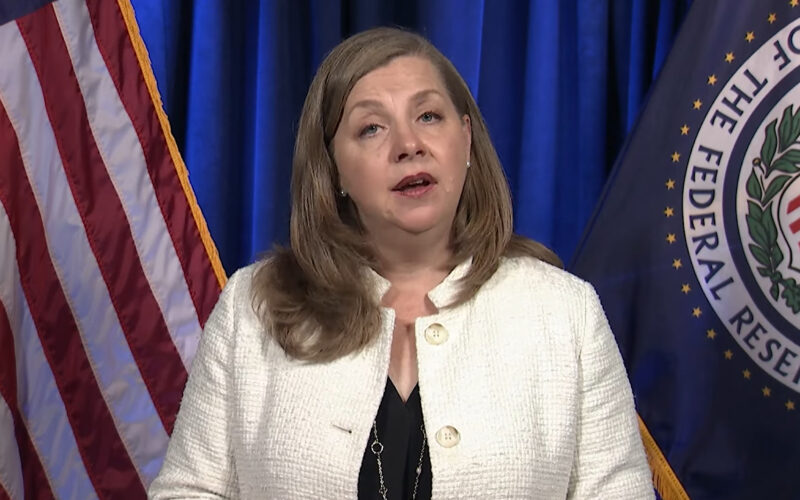Federal Reserve Governor Michelle Bowman has expressed her concerns regarding the implementation of a U.S. central bank digital currency (CBDC). Speaking at an event at Harvard Law School on October 17, Bowman acknowledged that while there has been a lot of discussion surrounding the potential benefits of CBDC, there have been no compelling arguments that it can effectively address financial frictions that exist within the current payment system.
The Alternative: FedNow
Bowman emphasized that the Federal Reserve’s recently launched instant payment option, FedNow, is a superior alternative. FedNow aims to streamline daily payments and provide users with same-day access to funds. Bowman highlighted how this payment solution has already benefited small businesses by enabling them to manage their cash flows more efficiently, without any delays.
In addition, Bowman urged for future innovations to build upon the existing services offered by FedNow to effectively address financial inclusions.
The Risks of Stablecoins
Turning the conversation towards stablecoins, Bowman warned about the potential risks they pose to investors and the broader U.S. banking system. While the Federal Reserve supports responsible financial innovations that benefit consumers, stablecoins have fallen short in terms of security, stability, and regulation.
Bowman stressed that stablecoins are intended to have a one-to-one convertibility with the U.S. dollar. However, recent events have shown that they do not meet the same level of security and regulation as traditional forms of money.
Christopher Waller, a board member of the Federal Reserve, also expressed his opinion on the matter. Speaking at an event hosted by the Brookings Institution Falk Auditorium on October 6, Waller stated that integrating a digital dollar into the existing traditional banking system does not bring anything revolutionary.
Waller expressed that the purported benefits of a digital dollar are still unclear and highlighted that implementing such a system would require changes in U.S. law and approval from Congress.
While there have been debates about whether CBDC can provide the general public with a secure and faster means of digital transactions and remittance, it seems that approval for its implementation is currently not on the table.
















